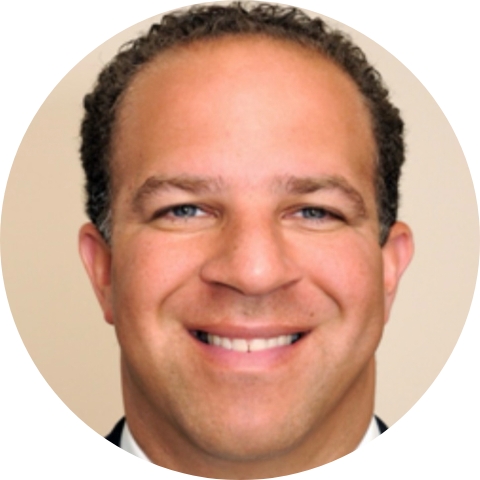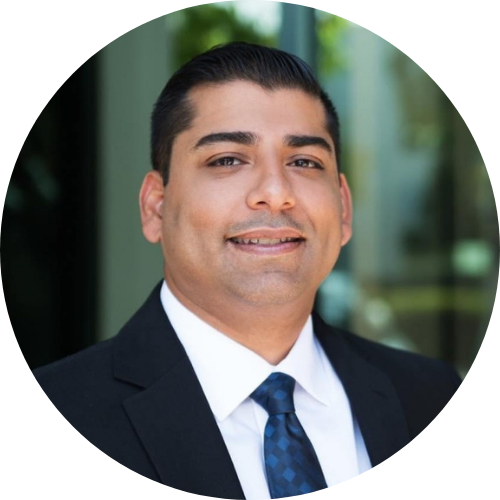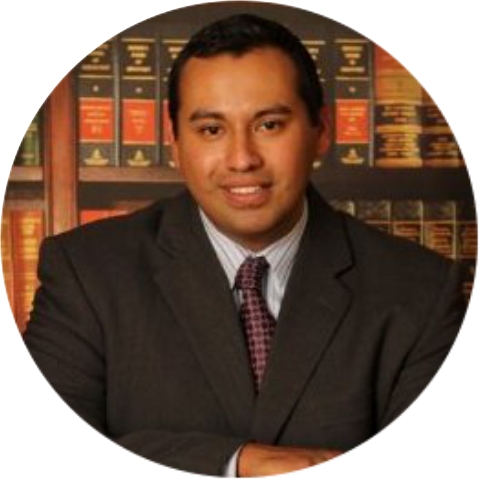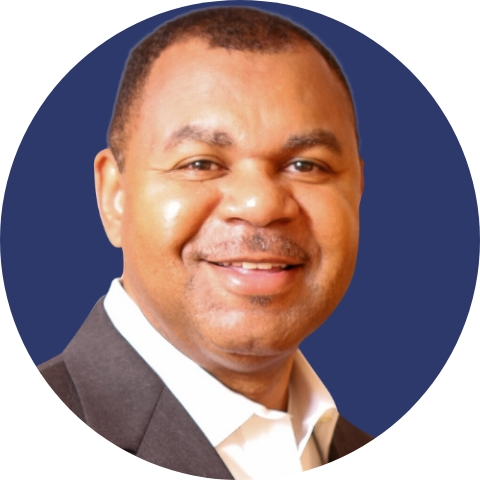7 Steps to Organizing Your Finances
You might not consider yourself to be an organized person, but your finances are the last place you want to be disorganized. Having too little cash at the end of the month is a challenge, but overdraft fees and late fees every month are an even bigger concern. By getting organized you dramatically cut down on the likelihood of these things happening.
Follow these steps and you'll be more organized that you ever thought you could be:
Look at your budget every month. Ensure that your budget is accurate. No two months are ever the same, so be sure your budget reflects reality for the upcoming month. For example, electricity bills can be much higher in the summer if you use air conditioning or in the winter if you have the heat turned up.
- If you don’t have a budget, make one now! There are an unlimited number of resources available to make the job a lot easier. Budgets are critical. Your budget is your key to having your money work for you!
- Utilize financial software. Some of the software available now can really help you to get organized, track your spending and bills, and help with budgeting. Many programs are free.
- You might actually find working with your money to be enjoyable when you can use a computer and specialized software. It’s a whole different experience than laboring over your hand-written figures on paper.
- Keep all your bills in one place. Avoid leaving some of them on the kitchen counter, some in the junk drawer, and some on the desk. Having one specific location for all your bills will ensure that nothing gets lost, and it’ll also give you the best chance to ensure that everything gets paid on time.
Store your bills close to where you normally sit and pay them. Keep them out in the open where you can see them regularly.
When you're done paying them, retain any records you need and shred everything else to protect yourself from identity theft.
- Pay your bills weekly. Each week, pay any bills that are due in the next couple of weeks. Choose a day and make a habit of paying your bills on that same day each week. Developing good habits is a big part of staying organized.
- Make a checklist of your bills. This should include all your recurring bills. Then, when the bill arrives, you can note the day it arrived, the amount due, the date it's due, and the day you actually paid it. Any non-recurring bills can be added to the checklist when they arrive.
- Communicate regularly with anyone who shares your account(s). Whoever pays the bills needs to know what the other person is doing with the account. Develop a system to ensure that the bill payer is kept in the loop at all times.
Financial matters can be a source of stress in relationships, so work out an effective system before it becomes a challenge.
Have two accounts. Mishaps are a lot less likely to happen if you have one account that is only used to pay bills. Use a separate account for everything else.
If you have any questions or would like a complimentary one hour tax review you can reach our office at:
VastSolutionsGroup.com
Phone: (888) 808-8278
Email: info@vastsolutionsgroup.com
Monday-Thursday 8:00 AM – 5:00 PM (Pacific)
Thank you for listening!
Kenner French, is a former small business contributor at Forbes.com, author of three books, an executive at AI-focused VastSolutionsGroup.com, a keynote speaker, and a Dave Matthews Band fan!












































